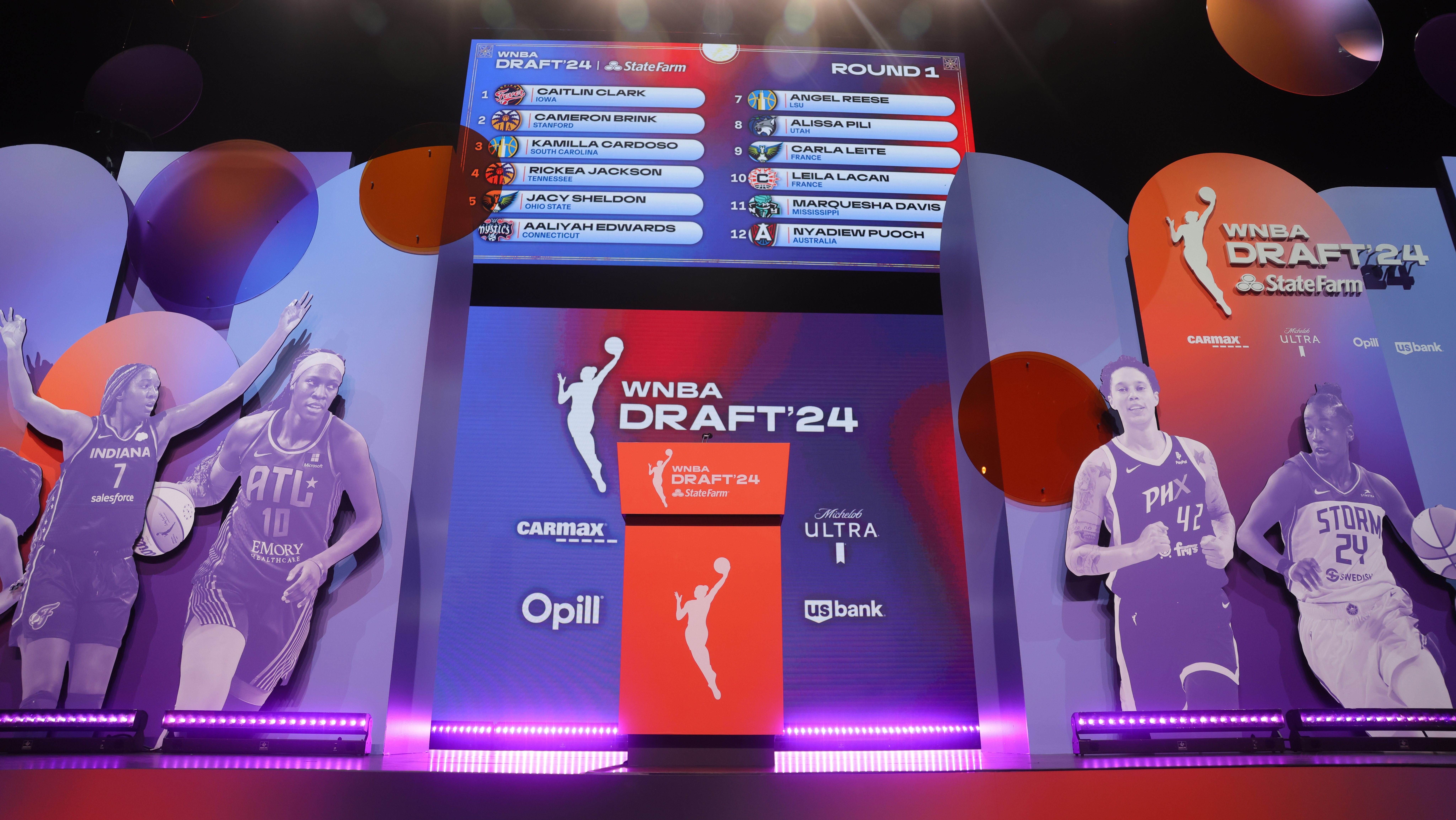
After winning every single Overwatch Contenders North America title on offer in the 4 seasons that have been played (other than North America West) Fusion University have proved that they are not just the best team not just in North America, but in the West as a whole by winning the Atlantic Showdown.
Following their latest win, Fusion University leaves behind quite the vacancy after announcing plans to depart for Contenders Korea in an unprecedented move that has left much of the Overwatch community in a state of shock.
Fusion University will take Team MVP’s spot in Contenders Trials, as they will need to re-qualify for Contenders, which should be no problem for a team that is widely considered to be equal in terms of caliber to the top half of Overwatch League teams. The move was likely sparked by the imminent kicking in of residency rules for Contenders, which state that players must be either a citizen or legal resident of the country belonging to the region they wish to compete in or have a Battle.net account in the region for which they wish to compete, with only three non-Residents allowed per team.
Fusion University currently has 4 Korean players on their roster: Chang-sik “Changsik” Moon, Se-won “Bernar” Shin, Ho-sung “Na1st” Lee, and Kyung-bo “Alarm” Kim, in addition to a European in two-way player Simon “Snillo” Ekström, who hails from Sweden. Thus, the move to Korea makes sense to allow Fusion University to continue to hold on to the talents they currently have, and also makes sense in the context of the Philadelphia Fusion owner Comcast Spectacor’s recent partnership with Korea’s T1 Esports, formerly known as SK Telecom.
In a Twitlonger detailing the reasons behind the move, Philadelphia Fusion president Tucker Roberts explained that given the main role of Fusion University was to develop talent for the main Philadelphia Fusion roster, the move to Korea was done in part to keep the talent they already had.
“For us the decision to move to Korea comes in part due to import restrictions. We don't want to have to part ways with players we believe in who are from outside the US,” Roberts said. “We aren’t in contenders to develop NA talent for other OWL teams — some of which don’t even have a contenders team because it’s expensive — we are in it to develop talent for the Fusion. Moving to Korea made sense, it allows us to keep our roster intact (as much as possible). And the challenge of the tougher competition will help our players grow and prepare for OWL. That’s our main priority.”
A two-way player for the Philadelphia Fusion and Fusion University Elijah “Elk” Gallagher also announced that he would be joining the team for the Contenders season, even stating that he was already leaving for the flight to Korea as Fusion Uni’s first match was in less than two days. The move is surprising considering current Fusion Uni main support Carson “CarCar” First’s stellar performance at the Showdown, but given the low amount of playtime Elk has seen so far, it makes sense to allow him to rejoin his old team to continue receiving practice and playtime.
So what does this mean for Contenders?
Contenders North America
News
For starters, NA Trials teams will be heavily affected. With two other North American academy teams in NRG Esports (San Francisco Shock academy) and Mayhem Academy having disbanded as the organization’s search for better ways to support the main team, Fusion University’s departure means that 7 teams will move up from Contenders Trials to Contenders, instead of the usual 4. With only 8 teams in Trials, this means the level of competition in NA will certainly be far less high than it was before with the three academy teams and their players.
It also means that for the first time ever in Contenders history, Fusion University will not win a North American title. With NA East now decimated by the loss of its champions and semifinalists in Mayhem Academy, the Los Angeles Gladiators’ academy Gladiators Legion and Toronto Defiant’s academy team Montreal Rebellion will have to be the favorites to win the title and go to the Gauntlet.
The Philadelphia Fusion
For Fusion University, the move is a massive boon. With all four Korean players having to play the season on about 200 ping from Korea, which contributed greatly to their less-than-dominant performance this season and first loss in 4 Contenders seasons to Mayhem Academy, a move to Korea would certainly alleviate most of these problems. We already saw during the Atlantic Showdown how fearsome the team can be on LAN, as they dropped just a single map all tournament. Plus, bringing the few non-Korean players over to Korea is certainly far cheaper than bringing the Koreans to the States, as evidenced by the Fusion’s willingness to do so almost immediately after the Showdown.
Alarm (far left) and Bernar (second from left) are top prospects who the Fusion organization absolutely want to keep for a promotion to the main roster. Image credit: Blizzard EntertainmentAside from that, the move also allows Fusion Uni to keep their extremely scary players. Alarm was described by the New York Excelsior’s Season 1 MVP Seong-hyun “Jjonak” Bang as the only player who could match him, while Bernar, Na1st, and Changsik all would make solid players in OWL. Thus, we could see some major upgrades for the main Philadelphia Fusion team after the Gauntlet. The organization’s dedication and awareness as to why they are in Contenders in the first place deserve praise; not many organizations would dare to take such a drastic step to keep their players.
However, they will also face stiff competition for the three Gauntlet spots on offer in Korea from teams such as Element Mystic, O2 Blast, Seoul Dynasty’s academy team Gen. G, and Runaway. Nevertheless, as a Showdown champion and four-time American champion, Fusion University has to be considered among the favorites to take home the Contenders Korea title and become only the second Western-owned team to take home an esports title on Korean soil. The first, of course, was Team Envy in APEX Season 1.
Team EnvyUs was the first Western organization ever to win an esports tournament on Korean soil in OGN APEX Season 1. Image credit: OGNOther Academy Teams
Fusion University’s move is the first of its kind. Previously, all academy teams competed in the home region of their parent team, whether that was the Dallas Fuel’s Team Envy in North America, London Spitfire’s British Hurricane in Europe, or the Chengdu Hunters’ LGE.Huya in China. Now, we might see teams become more amenable to the idea of setting up academy teams in other regions, especially those which have not already set up academy teams. For instance, the Vancouver Titans are an all-Korean roster based in North America whose players come from the unsigned Contenders Korea team Runaway. It would certainly be an exciting moment if the Titans were to make Runaway an academy team, providing support for the storied organization and allowing its players a clearer path to the OWL.
On the other hand, it also means that region locking may not have the effect it desires. Granted, Fusion University is a special case given the large amount of resources the team is given and the exceptionally large number of Korean players, but this also means the objective of allowing each region to develop its own talent may not be fulfilled adequately if teams can simply move to another region based on their players’ identity. Already in Contenders China and Pacific, there are a significant number of Korean players, and there have been previous cases of all- Korean teams competing in other regions, such as Lucky Future Zenith who won two seasons of Contenders China.
Fusion University’s move vastly decreases the level of competition in North America and sets a precedent for other teams who may choose to sign more non-Resident players to simply move away. If we choose to go down that slippery slope (which probably will not come to pass given the relatively small amount of resources Contenders teams get), any team can simply decide to move to another region to accommodate their players.
Conclusion
In the end, the ultimate winner is us, viewers.
No longer will we have to wait until the Gauntlet for the Atlantic and Pacific Showdown winners to clash. Instead, we just have to wait for Fusion University to complete Contenders Trials, and then play a regular season match against Element Mystic. Or perhaps you’re a Runaway fan who was upset about them not getting to face international competition when they missed out on the Pacific Showdown. Well, since you can’t consistently go for international competition, the international competition has come to you.
Many questions, however, still remain unanswered. Will CarCar or Elk play in Korea? Which, if any, of the Fusion Uni players, will have the honor of being promoted to the main Philadelphia Fusion roster? Can the four-time North American champions actually win in Korea as well? Who will take the four Gauntlet spots Fusion Uni secured for North America? It’s shaping up to be a great Season 2 of Contenders 2019, and it’s probably wise to stay tuned and find out.




